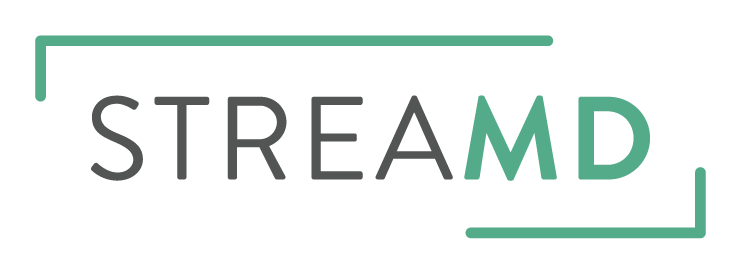How Effective is mHealth?
mHealth, which is the use of mobile technologies in healthcare, is on the rise and is transforming the way that healthcare is delivered. In the introduction to this series, we gave an overview of what mHealth is—but is mHealth all that it’s cracked up to be?
It turns out that mHealth can have a wide impact across the spectrum of healthcare by improving communication and coordination of care. Studies have shown that with the use of mobile health apps, hospital readmissions rates have been reduced by 92% and emergency room visits have been cut by 87%. Implementing mHealth improves health outcomes, promotes patient independence, and minimizes avoidable service use over various healthcare specialties.
Not only for patients, mHealth can be beneficial for providers —in one case, a mobile solution for community nurses resulted in 60 percent less time spent on paperwork, 29 percent more face-time with patients, and 2 extra patients seen daily. This technology can help with treatment adherence too, since patients often forget or misunderstand instructions provided by doctors and therapists. SMS reminders have been shown to improve attendance rates as well as adherence to tuberculosis and HIV treatment, for instance.
mHealth is also an important driver of patient engagement, empowering patients to manage their own health through education and instruction. For chronic disease management, mHealth can help patients make healthy lifestyle choices, monitor their conditions, and better adhere to treatments. In one study, COPD patients used remote monitoring to improve control of their condition, leading to less phone contact, fewer office and emergency visits as well as 97% patient satisfaction and 94% compliance with their treatment regimen.
More and more apps are cropping up for mental health, and we see a similar trend with these apps, too. Studies show significant reductions in anxiety, stress and depression after using mobile health apps and SMS messaging interventions. After using a computerized cognitive behavioral therapy program, patients reported higher treatment satisfaction and improvement in work and social adjustment. Mobile apps have the potential to deliver effective mental health interventions, which is promising given the barriers to accessing mental health care, particularly in rural areas.
Mobile health platforms can aid patients’ recovery after surgery as well. In one case, breast cancer patients recovering from breast reconstruction surgery reported that remote monitoring through an mHealth platform was more convenient than in-person office visits, while clinical outcomes did not differ. Clinicians also had access to better, more timely data on their patients, allowing them to quickly address any issues. In a randomized controlled trial of joint replacement patients, those who enrolled in STREAMD experienced fewer post-operative emergency room visits, shorter dependence on narcotics and more satisfaction. They also made fewer calls to their surgeon’s office, spent more time on home exercises, and had a quicker return of knee motion.
Of course, not all mHealth is created equal. When it comes to patient engagement, a data brief released by the Commonwealth Fund showed that many apps fell short in one area or another. The current research on the effectiveness of mHealth gives varying answers, so while many mobile health interventions such as the ones discussed here are promising, mHealth apps still need to be further investigated and evaluated.

